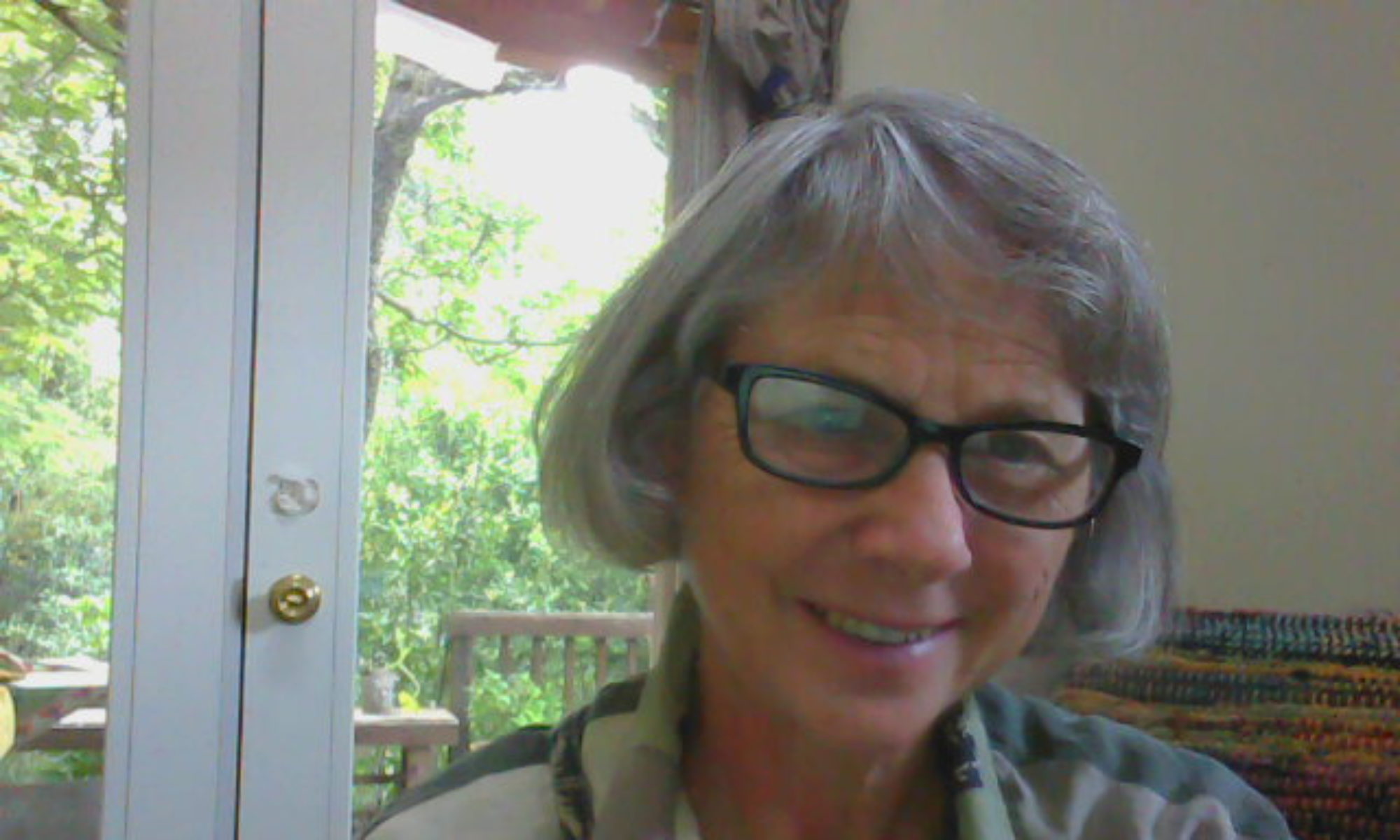Sometimes children will erupt in anger at some injustice, and we can guide them through it, creatively, consistently, compassionately, we need to be there for them.
You show up when you are firm, calm, and implacably compassionate:
- without too many choices (especially NOT open-ended choices),
- without bargaining with reasons, explanations and future consequences, and
- when your “No” is used sparingly and strongly, only when something harms self, others, or the environment.
- Keeping your relationship central with presence, connection, going “with” the child.
- Respond in the moment to be play-flexible. “I’m so sad we can’t go to the moon right now… maybe when you’re five we’ll be able to !”
After a year and a half of dedicated physical therapy, my son was back on skates, back in school, and living on his own. I visited and tried to unravel the chaos of paper and things he ignored, to get through school I thought. Yes, he was distant and depressed, and I set up doctors appointments for him. He tried anti-depressants, they didn’t work. He did outrageous things that broke important rules at two colleges, and then got kicked out. In the meantime, I was back in London with my mother, trying to hold it together, and she passed away.
He did not come for the funeral, saying he was in the middle of important career stuff. I didn’t get it until I finally came out to California. He was in love with an older woman, who would eventually break his heart into bits, but the intoxicating ride led them to Southern California, two daughters, and countless homes rented together, as she used him, living all the while with another man, who it turns out she’d been legally married to all this time. She always promised they would live together and get married, when the house was right. But it never was. Her cruel hoax to steal my son’s children, my grandchildren, is blasphemy of the worst kind. No one deserves this. We had the blessing of two amazing children in our lives for five years, then it was over.
This doesn’t have a happy ending. No part of my son’s life was a financial success. His skating waned, his films didn’t sell, he started businesses that went nowhere, after battling for years. I came out from England to help him, but it got worse. I didn’t believe that he was drug addicted, I just believed that his heartbreak gave him a sleep disorder: staying up all night, to sleep all day. He never turned up at appointments, he increasingly used me to rent premises, do the work for his businesses, while he was supposedly busy making a television pilot. I dedicated my life and all my money to his project and businesses, helped him get cars, roommates, and generally picked up the pieces when things fell apart, again and again.
Turns out he still needed painkillers, and he’d needed painkillers all this time since his ankle accident. The doctors stopped prescribing, and he found other sources. For years he used the more expensive Oxycontin being resold on the street, then he switched to opium derivatives that were cheaper, and finally to heroin and fentonyl the cheapest of all, when the money ran out. He did everything but shoot it up, until he did shoot it up, and every fix caused an infected lesion, until his whole body was covered in lines of scars.
Chapter 4: Childrens’ Needs
Human beings need to be able to predict the future. We are programmed to assess our environment from birth, noticing patterns, seeing what comes up again and again, recognizing and responding to the familiar.
To help children feel safe, we create a routine and habits through repetition, anticipating our children’s needs for rest, food, and attention,
When changes occur, we can help by creating moments of pause before any transitions: a meal, and excusing from the table, moments of pause when you are talking and they are clamoring, “I’m talking right now, I will talk to you in a minute.”
The day I ran out of money for rent and moved up north to Bay Area friends, was the beginning of my life, in a way. I was through with his Southern California nightmares. He blamed me for all his losses, including the girlfriend, the daughters, and his businesses. He was so angry with me that he finally told me: He used heroin regularly so he that he wouldn’t murder me in cold blood. I’m not sure why I believed him. But it was that day that I realized that heroin use changes you inside. He still loves, but he also hates. He told me because he loved me, that I needed to get away from him.
It reminded me of my father, an alcoholic and morphine addict, whose cold terror penetrated me every time I was around him (rarely). I could not trust my father, and now I cannot trust my son. While this may all be more about me than heroin or drug addiction, it’s certainly ugly. Families are torn apart for generations over this.
Because my parents did not protect me psychically, I didn’t know how to protect my son. When things got tough or scary for us, I took it out on my son, quite often. I was demanding and did a lot of yelling and crying, nerves taut as steel, I caved in to self-pity. His nerves were worn thin, as mine were worn thin. There was no realm of “happy home” for us to revel in. I was rushing around and late for everything, and he usually just dug his heals in, not moving forward at all. Instead of smiling and cajoling us to our commitments, I was screaming us there. Too often.
+See the next post for “Building Habits, Behavior, and Happiness – Developmental Stages” and how we saved ourselves.



